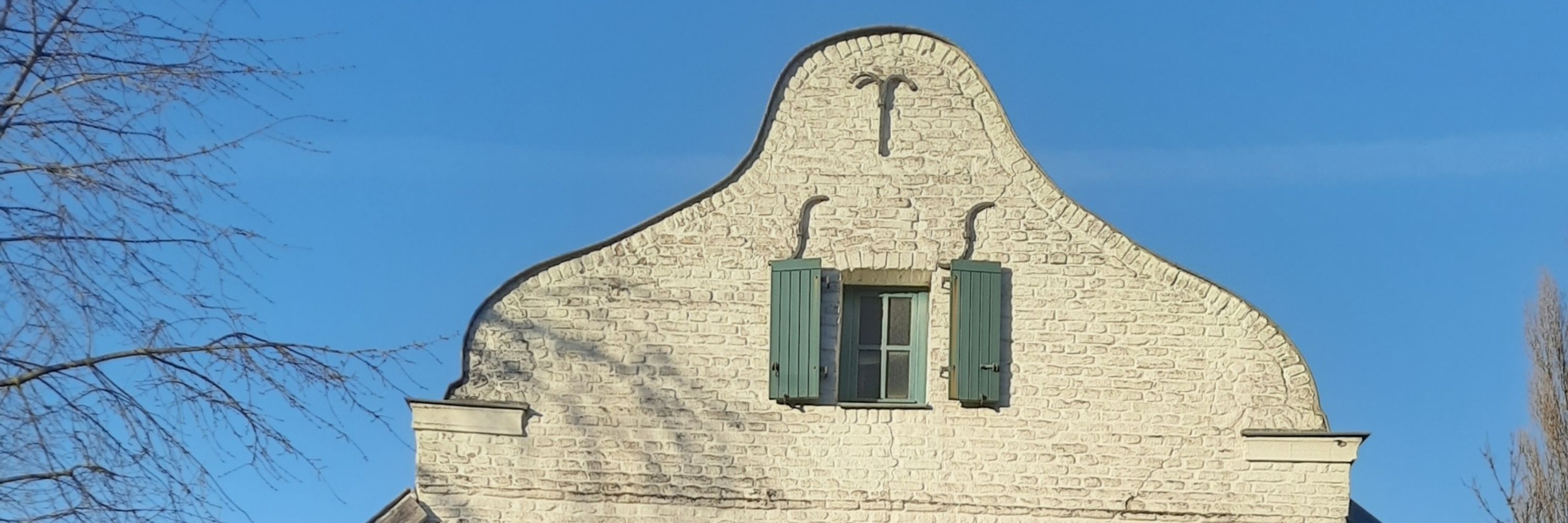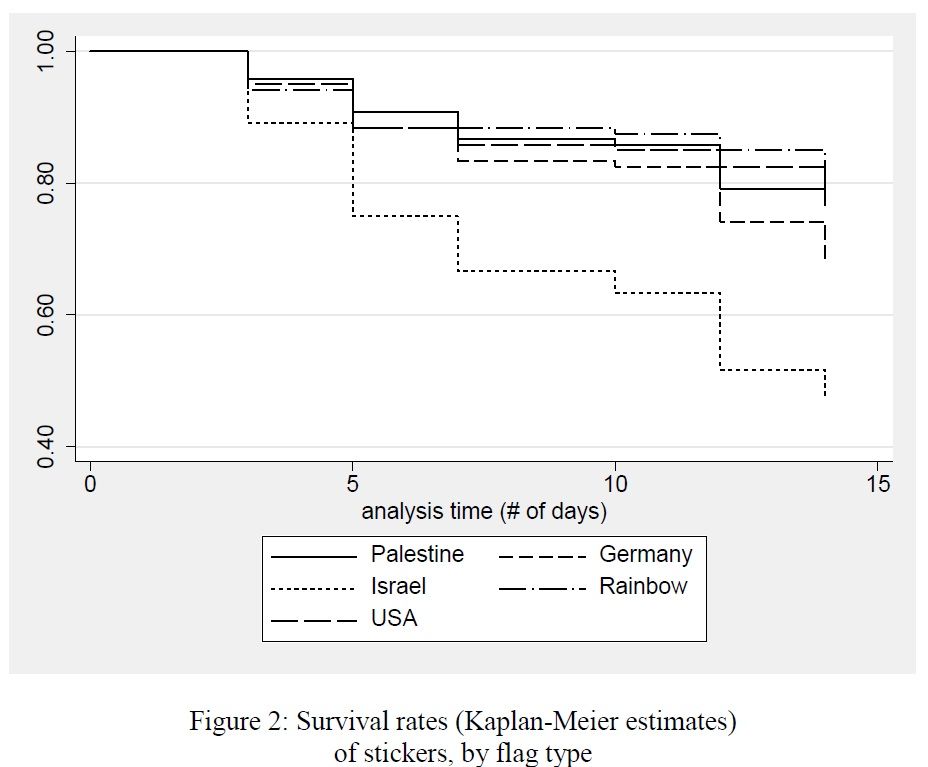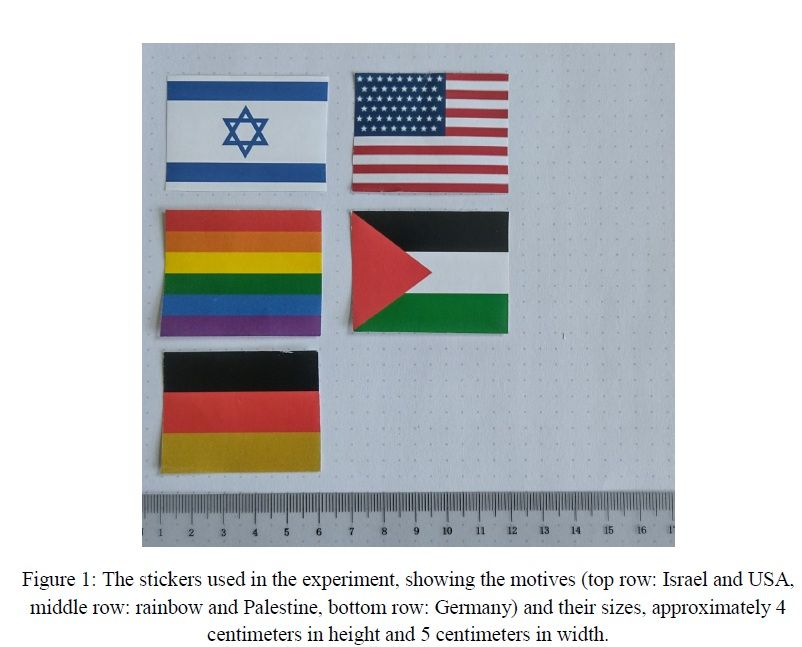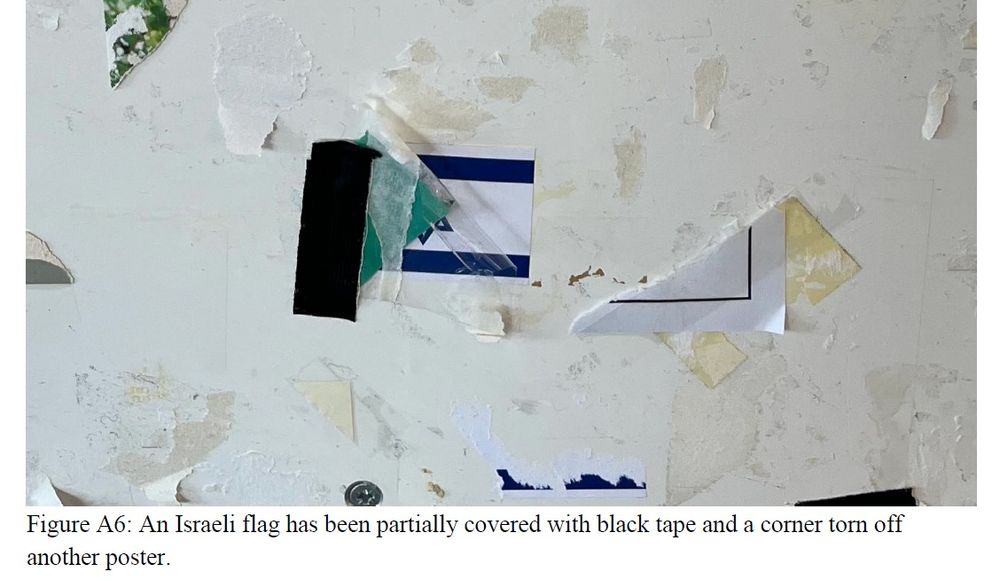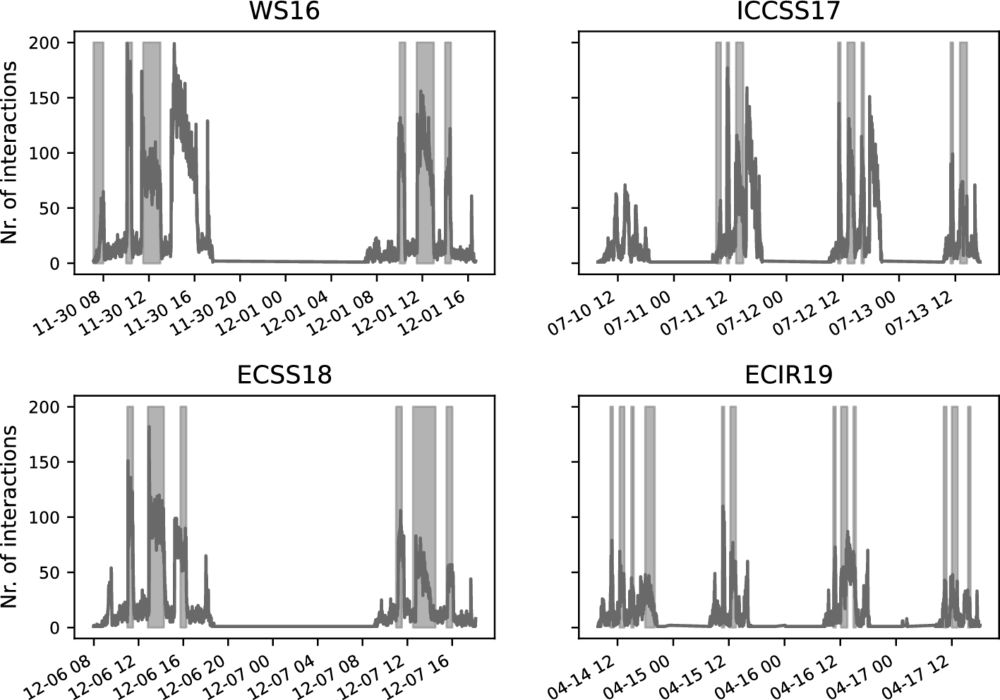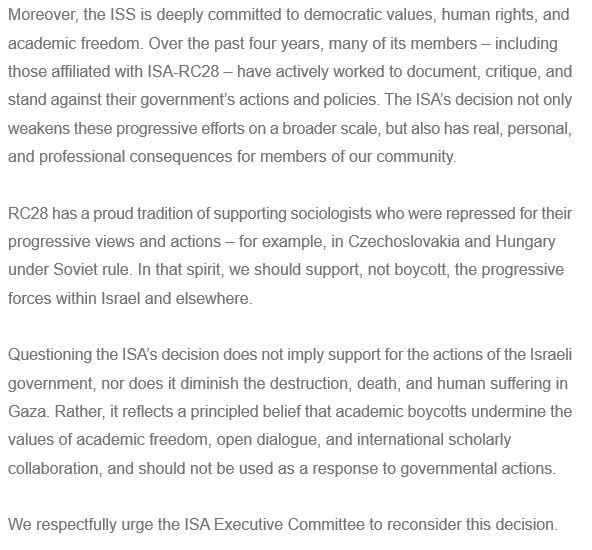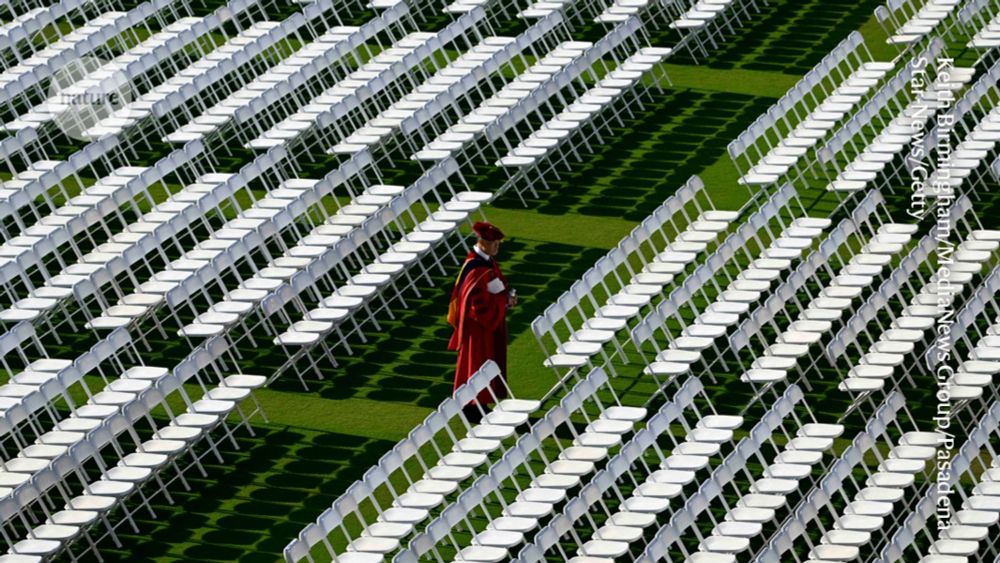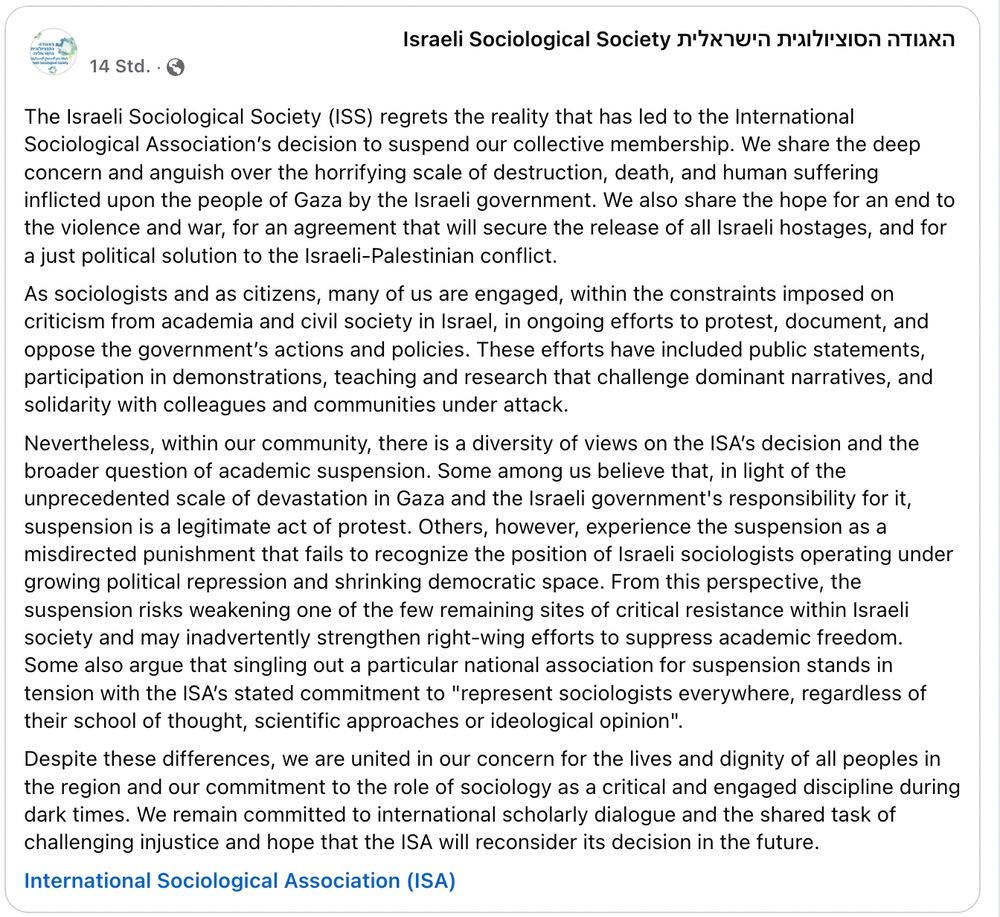Mark Lutter
@marklutter345.bsky.social
380 followers
430 following
35 posts
Professor of Sociology, University of Wuppertal
Posts
Media
Videos
Starter Packs
Pinned
Reposted by Mark Lutter
Reposted by Mark Lutter
Reposted by Mark Lutter
Mark Lutter
@marklutter345.bsky.social
· Jul 21
Reposted by Mark Lutter
Lynda Boothroyd
@drboothroyd.bsky.social
· Jun 12
Reposted by Mark Lutter
Reposted by Mark Lutter
Reposted by Mark Lutter
Reposted by Mark Lutter
Toni Rodon
@tonirodon.bsky.social
· Jul 9
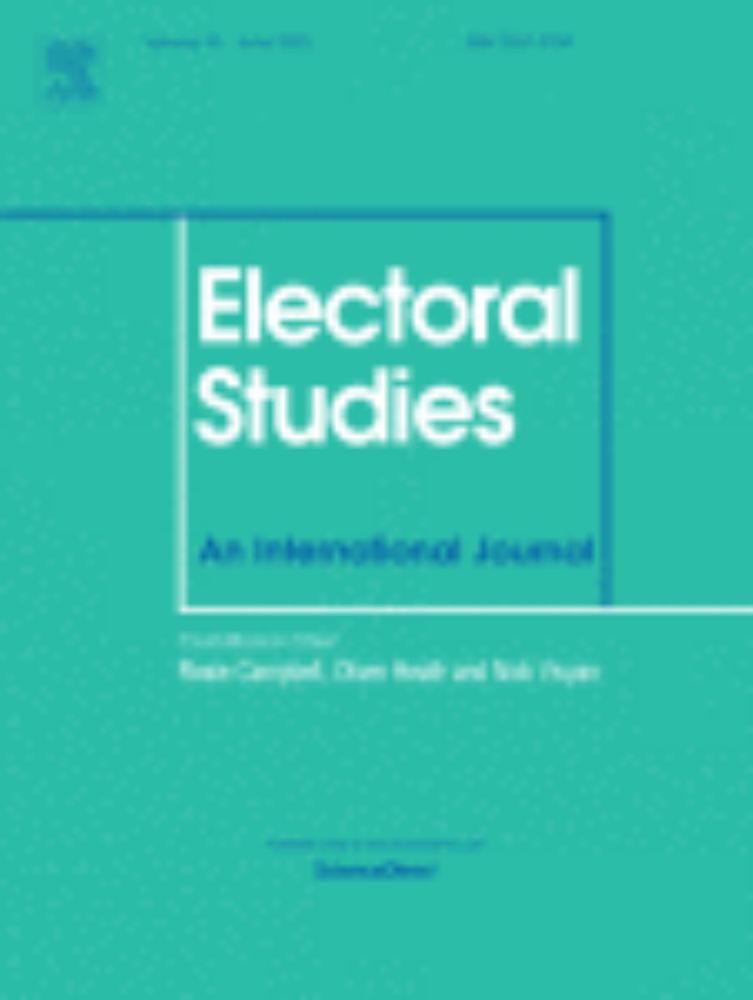
The East in wolf’s clothing. Wolf attacks correlate with but do not cause far-right voting
The resurgence of wolves in Germany has sparked intense debate, particularly in rural areas where wolf attacks on livestock are frequent. Prior resear…
www.sciencedirect.com
Reposted by Mark Lutter
Reposted by Mark Lutter
Florencia Torche
@ftorche.bsky.social
· Jul 8
Reposted by Mark Lutter
Emily Jackson
@emilybjack.bsky.social
· Jul 8
Reposted by Mark Lutter
